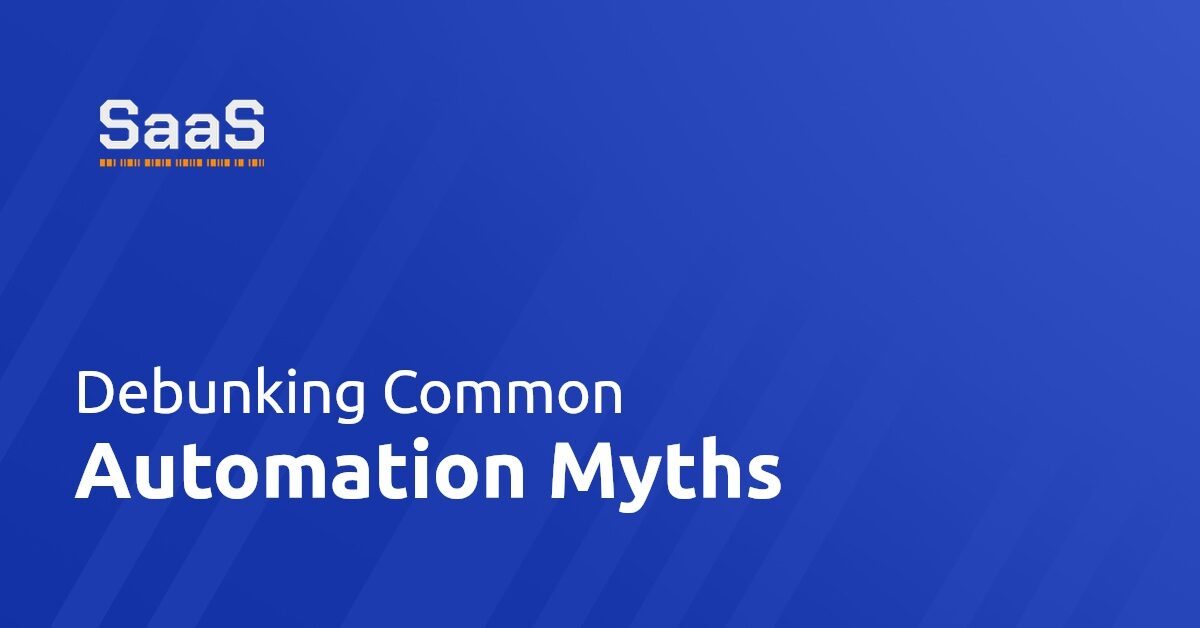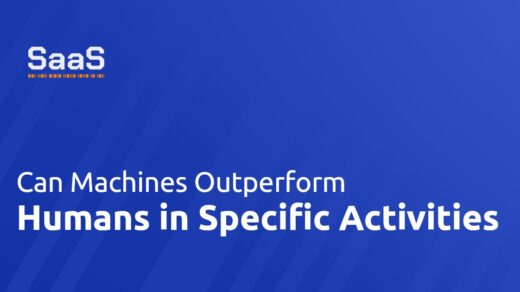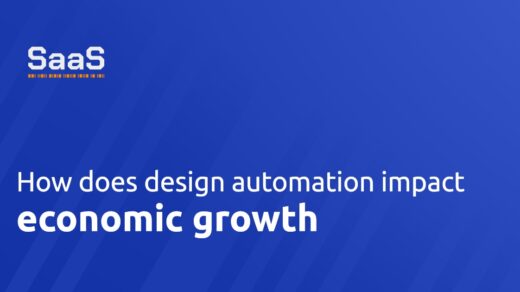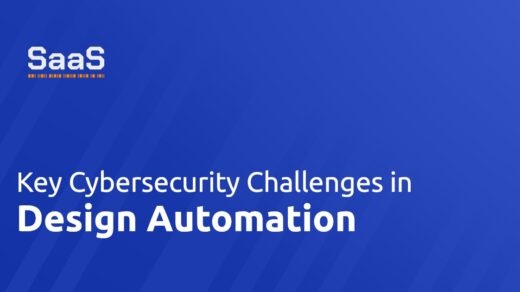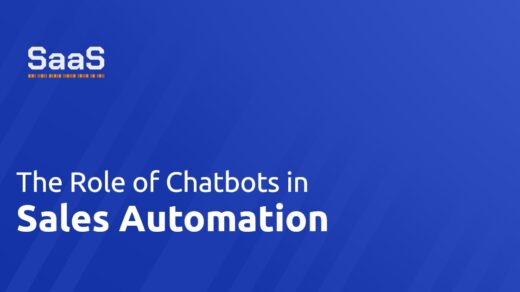Is Automation Really Taking Over Jobs?
Automation and AI have always incited a mix of excitement and fear. One of the most prevalent concerns is the potential loss of jobs. While some roles, particularly those involving repetition and routine, may well be automated, it's crucial to remember that automation also creates new roles. Simultaneously, it frees up workers to specialize in areas robots cannot emulate like critical thinking and emotional intelligence. According to the World Economic Forum, by 2025, automation will have created 12 million more jobs than it destroyed.
Separating Fact from Fiction: Common Automation Misconceptions
There are numerous misconceptions about automation that tend to cause fear and resistance towards its adoption. One common misconception is that automation is only beneficial for large corporations. However, today's reality couldn't be further from the truth. Small and medium businesses can reap significant benefits from automation technologies, as it reduces operational costs, increases productivity, and allows for scalable growth.
Another prevalent myth is that automation completely replaces human intervention. Despite the sophistication of modern AI and automation tools, they are still tools. Machines process information and perform tasks but lack the ability to perform tasks that require deep understanding, empathy, or creative insight. Hence, human intervention is still significant in an automated world, albeit in different capacities.
How Automation Can Enhance, Rather Than Replace, Human Workforce
Without a doubt, automation changes the nature of work. However, instead of replacing human labor, automation enhances it by removing mundane and repetitive tasks. This frees up time for workers to engage in more complex, valuable tasks that require unique human skills like problem-solving, innovation, and personal interaction. Automation is, therefore, a tool to augment human abilities, not replace them.
Organizations that embrace automation usually see a rise in work satisfaction among their workforce. When employees no longer have to spend time on monotonous tasks, they can refocus their energy on tasks that provide more personal fulfilment, leading to improved job satisfaction and productivity.
Unveiling the Truth about Automation: Dispelling Myths and Realities
The reality of automation, as opposed to myths, is that it is an indispensable workforce multiplier. It enables businesses of all sizes to scale their operations, enhance productivity and remain competitive in an increasingly digital economy.
Furthermore, the automation employment apocalypse is largely mythic. Yes, certain jobs may become automated, but many more opportunities will be created in the process. Finally, it’s important to note that automation doesn't replicate human interaction or creativity. Instead, it is destined to work in tandem with humans, strengthening our abilities, and allowing us to focus on uniquely human capabilities.
In essence, beyond the hype and the myths, the reality is clear: automation adds value to both businesses and employees. It’s about embracing change, upskilling, and leveraging technology to our advantage rather than fearing it. After all, if history taught us anything, it’s that technology and progress go hand in hand. Automation is no exception.

